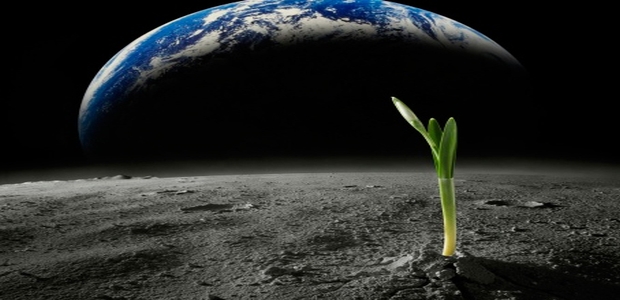The possibility of Life in space has been studied and researched by scientists all across the world. We know Earth as a living planet, a proper noun, a definite and individual place. Life happens here, and we as living things participate in it. When we compare it to space we are living on one planet among many.
In our quest of search of life, space and the mysteries which it encompasses compels us to look it through the eyes of astrobiology. With the growing field of astrobiology, the study of life in space has become both interesting and intriguing. As we begin to explore the Solar System and the wider universe, we must ask ourselves what makes Earth unique. Is Earth unique? We want to know about our place in the cosmos and how we fit in. We want to know how we came to be. We want to know if we are alone. But our search for understanding only leads to more questions—ones that turn out to be very complex indeed. What is life? How do we recognize it? How does it work?
Astrobiology attempts to do just this. It incorporates insights from a wide variety of scientific disciplines to create a coherent picture of life. If life is something that happens to planets, if it is a phenomenon not just of our place but of the universe, then only a conversation among many disciplines will produce a coherent picture of it. In his book Life in Space, Dr. Lucas John Mix has touched upon astrobiology in great detail.
In the present world, all scientists agree that in order to understand life, a deeper knowledge of various fields of science viz. chemistry, biology, geology, astronomy is required along with their inter-communication.
Even with scientific collaboration, we face a formidable barrier: We have only one example of life. It may not seem so at first, but if you think about it, life on Earth appears to be integrated. We can’t break off bits and study them in isolation.
How can you study life if you only have one sample? If you want to know about anything in a general sort of way, you need to work with multiple examples. Astrobiology to a certain extent deals with life writ large in a specific way.
What Astrobiology Is:
Astrobiology is the scientific study of life in space. It happens when you put together what astronomy, physics, planetary science, geology, chemistry, biology, and a host of other disciplines have to say about life and try to make a single narrative. Life happened to the universe in the context of Earth. It affects, or perhaps infects, whole planets and cannot be understood at a smaller scale—at least not yet.
What Astrobiology Isn’t:
Astrobiology is not the study of alien life. In fact no scientist on Earth currently studies alien life, or xenobiology. Many scientists research the extent of life and how it might be possible elsewhere, but our data comes from terrain life and exploration.
Biologists have yet to find a way to get life from non-life. A very well- known scientific theory, “spontaneous generation,” floated around in the seventeenth, eighteenth, and nineteenth centuries. It was commonly thought that maggots and flies arose spontaneously from decaying plants and meat. But in 1668 Francesco Reddi noted that eggs were present in these rotting materials. Over the next two centuries, experiments showed that insects laid the eggs, which later hatched to form new insects. After Louis Pasteur’s experiments around 1862, biologists formed a general consensus that spontaneous generation does not occur. When no insects were allowed near, no new insects grew. Spontaneous generation was considered disproved. Careful experiments show that when life is excluded from an environment, new life does not emerge. Life does not arise from non-life.
Even after many lab experiments, Astrobiologists also have not been able to reproduce or confidently model the transition from non-life to life. They have uncovered valuable insights into how life operates and what may be essential. Still, we cannot and simply do not know how to reconstruct this single, monumental event. Still there is a constant effort to have a better understanding of how life came into being on Earth.
Some astrobiologists make much stronger claims about the origin of life. Although unable to reconstruct the origin of life, scientists are adept at looking at data and making inferences about how things could and could not have occurred. The more a person studies various kinds of life, the more he or she begins to see patterns emerging and imagines what might be essential. As of now, the question of life’s origins touches on matters of religious beliefs as well. One may think of astrobiology as a way to better understand how God created the world. Some scientists who are atheists think of astrobiology as a way to understand how life could come into being without a creator. The reality is that the available data is inconclusive to draw a conclusion either way. With no available examples of life springing from non-life, I think we can have very little confidence about what might or might not have been necessary. In our future posts we will look at plenty of theories.


































This is quite informative to me. I like your post very much.